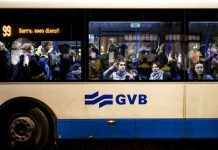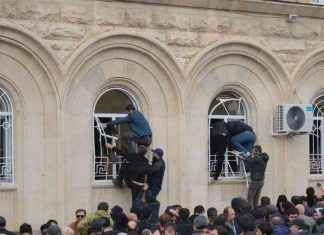We rely on our bank accounts to pay and collect on a daily basis. The most common actions are making Bizum, transferring, collecting payroll, and financing a product. What happens if your account is blocked?
The most common reason why a bank might block an account is because it doesn’t update the DNI after it expires, explain sources at HelpMyCash.com.
Another reason is to perform operations that trigger the bank’s anti money laundering alarms. The account could be blocked if it receives large amounts from another country, or if there are multiple holders who issue conflicting orders.
You must follow the bank’s instructions to recover your bank account. It usually involves submitting a list of documents and waiting for your bank to review them. This can take up to several days.
To have your expired DNI digitized, you will need to bring the document with you to the office. You can also upload a photograph of the new document to some banks.
If the client claims that the blockage was due to an account movement, the bank may ask him or her to prove the origin of the funds. You can request a copy the income tax return, the last payslip, or any other report to prove this.
“The most important thing is to keep in touch with the bank and review your online correspondence. Although it is best practice for an entity to notify clients before blocking their accounts, sometimes the opposite happens. If suddenly the account is not available, it’s a good idea to check whether the bank has sent any communication. If so, contact customer service via HelpMyCash.
HelpMyCash published the following solution on its website: Open a second current account in another bank until your main one is unlocked. This second account must have enough money to allow you to make purchases, withdraw funds, pay bills, or send transfers. The account is free from commissions and conditions, which is especially important if it will be used occasionally.








